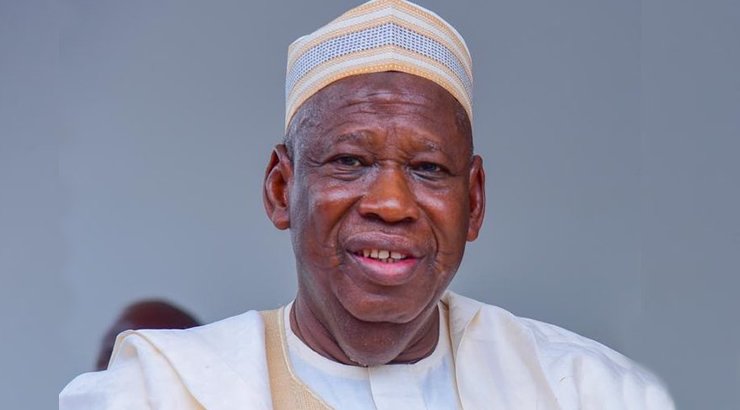The political landscape of Kano State is experiencing a potential seismic shift as prominent members of the New Nigeria People’s Party (NNPP) engage in high-level discussions with the National Chairman of the All Progressives Congress (APC), Dr. Abdullahi Umar Ganduje, regarding a potential return to the ruling party. This development has sparked intense speculation and analysis, with observers predicting a significant realignment of political forces in the state as the 2027 general elections approach. The NNPP, which enjoyed a surge in popularity during the 2023 elections, now faces the prospect of losing key figures to its rival, the APC.
The reported defectors, including Senator Sulaiman Kawu Sumaila, Kabiru Alhassan Rurum, Ali Madaki, and Hon. Badamasi Ayuba, are all influential figures within the NNPP. Their potential departure represents a considerable blow to the party’s structure and influence in Kano. The reasons cited for their dissatisfaction with the NNPP revolve around allegations of injustice, favoritism, and a perceived lack of internal democracy under the leadership of Dr. Rabi’u Musa Kwankwaso, the party’s national leader. These grievances, if substantiated, highlight internal struggles within the NNPP and raise questions about the party’s ability to maintain unity and cohesion moving forward.
Despite the swirling rumors and confirmed meetings with Ganduje, Senator Sumaila, through his Special Assistant on Media Affairs, has denied any concrete defection plans. While acknowledging the meeting with the APC chairman, Sumaila’s representative insisted that it did not signify an immediate intention to leave the NNPP. This denial, however, has done little to quell the speculation, particularly given the context of ongoing political maneuvering and the high stakes involved. The situation remains fluid, and the coming weeks will likely shed more light on the true intentions of these NNPP lawmakers.
The APC, for its part, appears eager to capitalize on the internal divisions within the NNPP. Senate President Godswill Akpabio’s recent confident assertion that the APC would recapture Kano in 2027, bolstered by the influence of figures like Senator Basheer Lado, Senator Barau Jibrin, and Ganduje himself, suggests a calculated strategy to weaken their rival and consolidate their own power base. The potential return of these NNPP members would undoubtedly strengthen the APC’s position in Kano and further solidify their control over the state’s political machinery.
The NNPP’s response to this unfolding drama has been a mix of defiance and dismissal. Hashim Dungurawa, the Chairman of the NNPP in Kano State, has downplayed the significance of the potential defectors, labeling them as irrelevant traitors who had already been suspended from the party. Dungurawa’s strong words suggest an attempt to project an image of strength and unity within the NNPP, even as it faces a potentially damaging exodus of key members. He has also accused the defecting lawmakers of acting on Ganduje’s instructions to destabilize the NNPP, framing their actions as a deliberate attempt to sabotage the party from within.
The unfolding political drama in Kano State underscores the dynamic and often unpredictable nature of Nigerian politics. The potential defection of these NNPP lawmakers presents both a challenge and an opportunity for the parties involved. For the NNPP, it is a test of their resilience and ability to overcome internal divisions and maintain their relevance in the state. For the APC, it is a chance to solidify their dominance and further entrench their political power. The ultimate outcome will depend on a complex interplay of factors, including individual ambitions, party loyalty, and the evolving political landscape in the lead-up to the 2027 elections. The situation remains fluid, and only time will tell how this political realignment will ultimately reshape the balance of power in Kano State.














